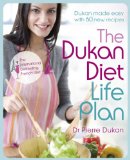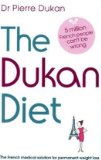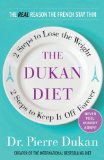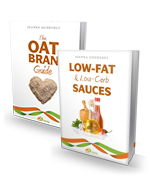15 Quirky Facts About Eggs
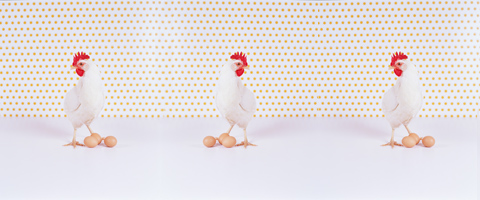
I've been working on my next book, "The Egg Guide", for a while now. And one of the things I researched for the book were fun and interesting facts about eggs. Not only related to nutrition but statistical and cultural facts as well as a few superstitions.
Here is a list of 15 of those facts.
- A hen can lay about 250 eggs per year.
- There are about 70 calories in an uncooked egg and 77 calories in a cooked egg.
- Eggs have a larger number of proteins when compared with chicken meat or with milk.
- Eggs have 13 essential vitamins and minerals. The yolk is the major source of most of them, including naturally occurring Vitamin D.
- The most expensive egg ever sold was the Faberge "Winter Egg" sold in 1994 for $5.6 million.
- Whipped egg yolks can hold other ingredients together that do not normally mix, like oil does with vinegar
- In France, the bride breaks an egg on the threshold of their new home before stepping in, for luck and healthy babies.
- At the time of the French Revolution, the French already knew 685 different ways of preparing eggs
- In Macedonia, an egg can mean the difference between life and death. According to local lore, if you share a birthday or even a birth month with a dying relative, your days are likewise numbered. The only way to cheat fate is to share the yolk of an egg with this relative while standing on opposite sides of a stream. Similarly, a dying man might save himself if he finds someone to share a sugared egg with him on the threshold of a house.
- A large egg has less than five grams of fat and is not high in kilojoules
- A hen requires 24 to 26 hours to produce an egg
- Eggs age more in one day at room temperature than in one week in the refrigerator.
- Shell thickness is also related to egg size, which, in turn, is related to the hen's age. As the hen ages, egg size increases. The same amount of shell material which covers a smaller egg must be 'stretched' to cover a larger one, hence the shell is thinner.
- Eggs are nutritious for many pets as well as humans and are often an important part of prepared pet food formulas. Eggs can improve animal fur and coat health and maintain eyesight.
- Occasionally, hens lay eggs with imperfect shells or without shells altogether. In England, such eggs are traditionally called "wind eggs," from the belief that the hen laying them had been impregnated not by the rooster but by the wind. In parts of Hungary, if a black hen lays a soft-shelled egg, it is destroyed upon discovery, for it signifies the worst of omens: that the earth is softening beneath a member of the family, which is a metaphor for impending death.
Share |
All product names, trademarks, registered trademarks, service marks or registered service marks, mentioned throughout any part of the MyDukanDiet.com web site belong to their respective owners.
The information related to health and nutrition provided by this website is designed for educational purposes only.
As an Amazon Associate I earn from qualifying purchases.

